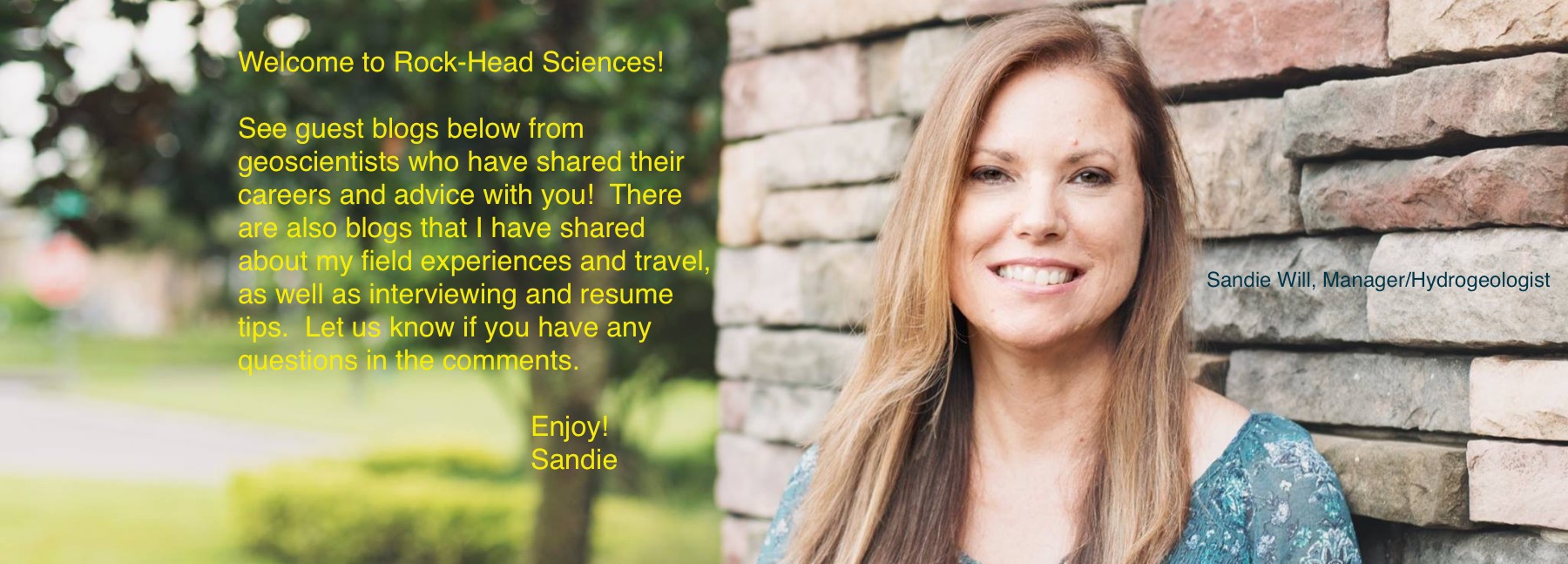NAME: Dr. Chuck Magee
CURRENT TITLE: Geoscience Applications Specialist
AREA OF EXPERTISE: Geochemical analysis
YEARS EXPERIENCE: Five years in this job, and 6 years in previous analytical positions
EDUCATION: Ph.D. in geology
WEBSITE: http://www.asi-pl.com.au/
What’s your job like?
I’m a geologist working for an engineering firm that makes the Sensitive High-Resolution Ion Microprobe (SHRIMP), an instrument used to for geochemical analysis. As a result, my job is varied. Once the engineers assemble the instruments, I help troubleshoot them and get them operational. I then train the customers to use their instrumentation. As most of our customers are international, the job involves a fair amount of travel, often to countries with different languages, alphabets, cultures, etc.
In addition to the website above, information on SHRIMP can be found at the following link: http://en.wikipedia.org/wiki/Sensitive_high-resolution_ion_microprobe
What’s a typical day like?
Currently, I am doing a field installation in Tokyo. I get to the customer site a bit before 9 a.m., greet the customer, and work on getting the SHRIMP operational and training the users. Today, for example, this has included making sure that the ion beam is aligned with the detectors, and getting the electron gun up and running. Usually we do operations and training in the morning and after lunch, then do any work necessary in the vacuum chamber in the late afternoon, so that the instrument can pump out overnight.
What’s fun?
Seeing new places and things that I never even imagined is fun. Actually dialing up isotopes and driving the instruments to teach the users is fantastic once everything comes together. And meeting people from all over the world who love fancy instrumentation and appreciate deep time is always enjoyable. And coming up with new ideas and making the instruments measure things that have never been measured before is pretty cool.
What’s challenging?
Making things actually work the way they are supposed to can sometimes be difficult, especially if we have to do them on a tight timescale, or if bits have been dropped in transit. Sometimes the culture shock can be isolating, especially on long deployments.
What’s your advice to students?
There are a lot of transferable skills in geology that I didn’t appreciate as useful when I was studying. The ability to think in 3D and to handle arbitrary projections of the sort we learn in petrology is great for thinking like an ion beam, or assembling machined parts. The travel and deprivation of field work, and the sense of humility engendered by deep time are very useful when navigating cultures in far corners of the globe. And familiarity with multiple working hypotheses is advantageous in any type of troubleshooting.

